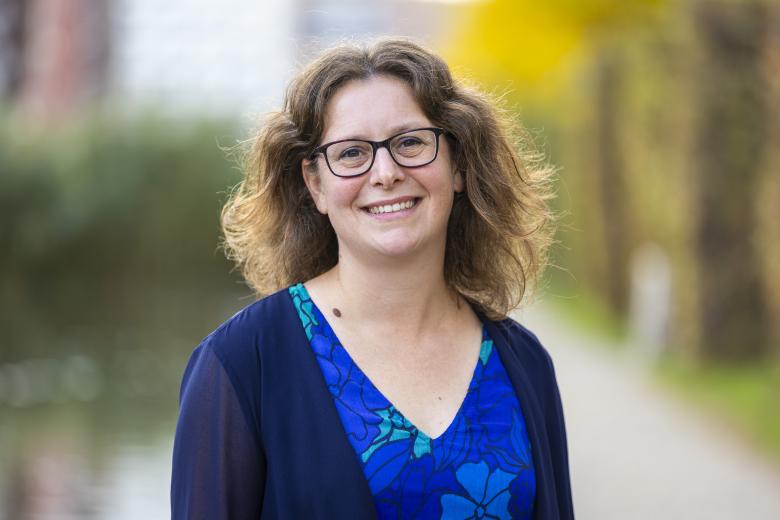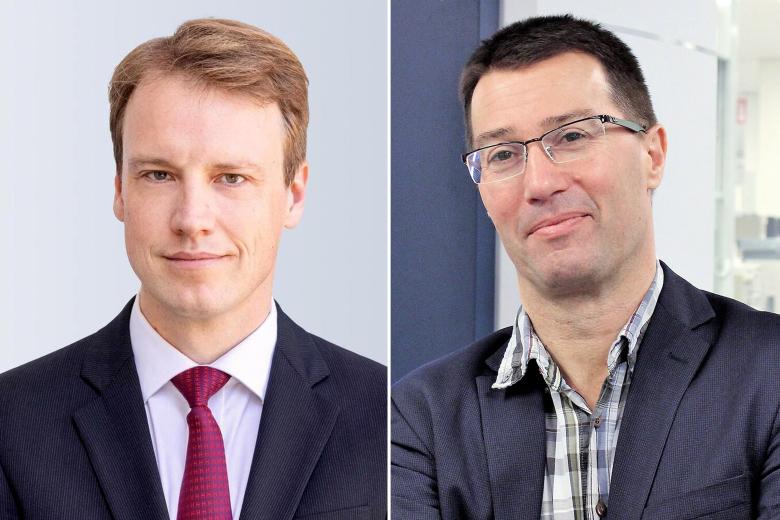Worldwide interest in artificial meat from Maastricht
Global interest in Mosa Meat, a startup developed by professor Mark Post from Maastricht University to scale up the production of cultured meat, is growing. As one of the winners of the Academic Startup Competition 2019, Mosa Meat was offered a trip to Silicon Valley. The startup has won the support of founder and former CEO of Microsoft Bill Gates, who recently hailed its breakthrough technology in Forbes magazine.
Academic Startup Competiton
The Academic Startup Competition is an initiative of the Association of Universities in the Netherlands (VSNU), the Netherlands Academy of Technology and Innovation (AcTI) and the independent private-public organisation StartupDelta. A jury of experts made the announcement this week in the presence of the Netherlands deputy minister for Economic Affairs and Climate, Mona Keijzer. The organisers have set up the competition to put valorisation and academic startups in the international spotlight. The winners can pitch their startups at the Global Entrepreneurship Summit (GES); their trip to Silicon Valley will be paid by the Economic Affairs Ministry.
Breakthrough technology
Founder and former CEO of Microsoft Bill Gates praised the Maastricht cultured meat in Forbes magazine as one of the ten breakthrough technologies that will change the world. Gates sees the introduction of the "cow-free hamburger" as an important factor in reducing the vast amount of carbon emissions caused by the meat industry and he stresses the enormously positive contribution this technology can make to climate change.
Sustainable alternative to meat
In two and a half years from now, Mosa Meat is expected to produce hamburgers at a price that makes it interesting for more exclusive restaurants. The ambition of professor Post is that, by 2050, livestock meat production will have been largely replaced by cultured meat, to the great benefit of animals, the environment and our own health.
Also read
-
Vote for UM Professor Gera Nagelhout as Vrouw in de Media
The Limburg jury of the Vrouw in de Media Award has selected UM professor Gera Nagelhout (CAPHRI) as a nominee for the Vrouw in de Media Award 2025. The award highlights women who, over the past year, have been notably and impactfully visible in the media as experts.
-
Two UM professors appointed member of Royal Holland Society of Sciences and Humanities
The Koninklijke Hollandsche Maatschappij der Wetenschappen (KHMW; Royal Holland Society of Sciences and Humanities) is the oldest learned society in the Netherlands.
-
Heated tobacco products also harmful to health
NUTRIM researcher Alex Remels explains in Dutch consumer TV programme Kassa how heated tobacco products are not a safe alternative to cigarettes.